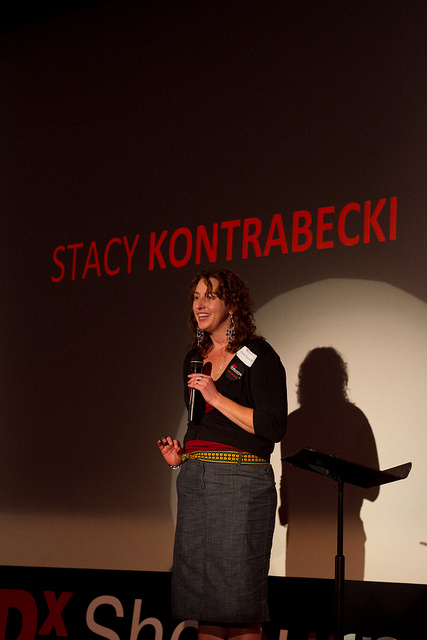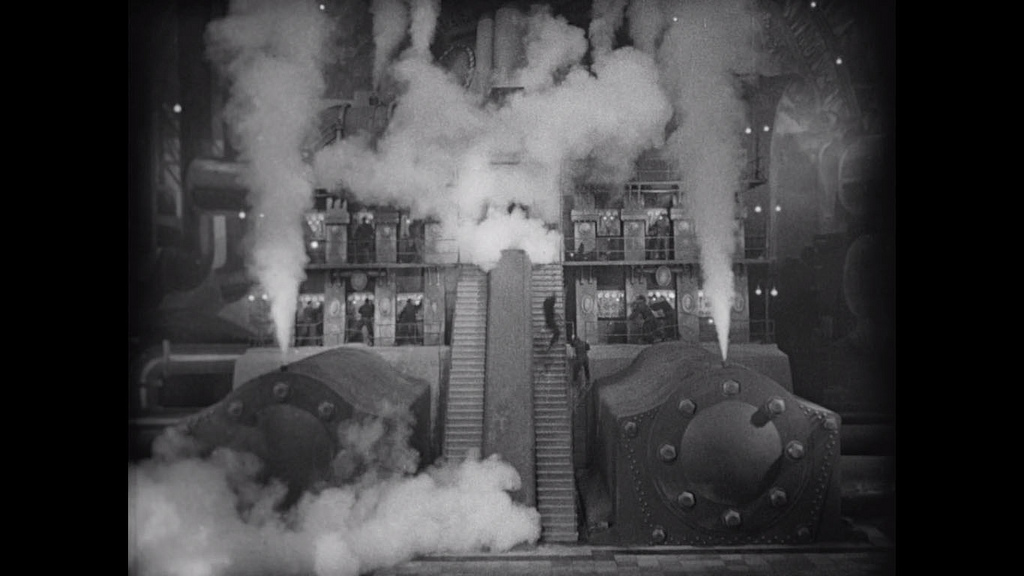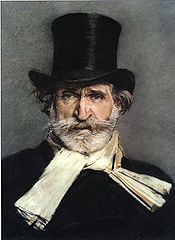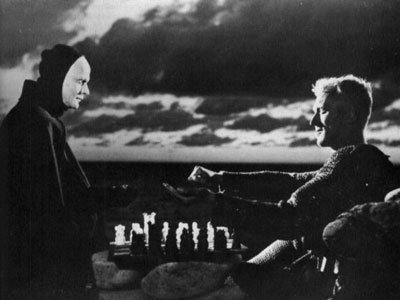“Reality in our century is not something to be faced.”
—Graham Greene, English author, born October 2, 1904
More Vanished Civilizations
 “….In 1939, [Lee] Wiley recorded eight Gershwin songs on 78s with a small group for Liberty Music Shops. The set sold well and was followed by 78s dedicated to the music of Cole Porter (1940) and Richard Rodgers & Lorenz Hart (1940 and 1954), Harold Arlen (1943), and 10” LPs dedicated to the music of Vincent Youmans and Irving Berlin (1951)….These influential albums launched the concept of a ‘songbook’ (often featuring lesser-known songs), which was later widely imitated by other singers….” By the way, if you love the Songbook, do yourself a favor and check out Lee Wiley. She deserves to be better known. Lee Wiley songs
“….In 1939, [Lee] Wiley recorded eight Gershwin songs on 78s with a small group for Liberty Music Shops. The set sold well and was followed by 78s dedicated to the music of Cole Porter (1940) and Richard Rodgers & Lorenz Hart (1940 and 1954), Harold Arlen (1943), and 10” LPs dedicated to the music of Vincent Youmans and Irving Berlin (1951)….These influential albums launched the concept of a ‘songbook’ (often featuring lesser-known songs), which was later widely imitated by other singers….” By the way, if you love the Songbook, do yourself a favor and check out Lee Wiley. She deserves to be better known. Lee Wiley songs
It’s natural for a culture to pay attention to its own art exclusively. In 20th century American pop music before Lee Wiley’s experiment, the Hit Parade dominated: a simple, ever-changing collection of new songs that became popular, were widely listened to and covered by other artists, and then vanished. Wiley’s example was followed by such great singers as Frank Sinatra, who sang songs from the twenties on, and Ella Fitzgerald, who did a monumental and masterful series of songbooks for Verve in the 50s and 60s.
Another famous example from music is the Bach revival in the early 19th century. Bach died in 1750. His music was already considered old-fashioned. While it was valued and studied by composers like Mozart and Beethoven, it wasn’t played. Mendelssohn arranged and conducted a performance of Bach’s St Matthew Passion in Berlin in 1829, the first time it had been played since since Bach’s death.
About the same time Mendelssohn was reviving great music from a few generations back, Sir Walter Scott invented the historical novel. Novels are called novels because they’re news. They’re stories of modern life; or they were before Sir Walter got to work. More about that another day.
Continue reading “It’s So Old it’s New”
The future will have no need for labor in the traditional sense. All mass production and most administrative work will be performed by machines. Nobody will have to work for a living: basic income will be provided, or else goods and services will be available at no charge.


 Had a piece
Had a piece  Last night at 21st Century Business Roundtable, Paul Silva, president of
Last night at 21st Century Business Roundtable, Paul Silva, president of  The new
The new  “….In 1939, [Lee] Wiley recorded eight Gershwin songs on 78s with a small group for Liberty Music Shops. The set sold well and was followed by 78s dedicated to the music of Cole Porter (1940) and Richard Rodgers & Lorenz Hart (1940 and 1954), Harold Arlen (1943), and 10” LPs dedicated to the music of Vincent Youmans and Irving Berlin (1951)….These influential albums launched the concept of a ‘songbook’ (often featuring lesser-known songs), which was later widely imitated by other singers….” By the way, if you love the Songbook, do yourself a favor and check out Lee Wiley. She deserves to be better known.
“….In 1939, [Lee] Wiley recorded eight Gershwin songs on 78s with a small group for Liberty Music Shops. The set sold well and was followed by 78s dedicated to the music of Cole Porter (1940) and Richard Rodgers & Lorenz Hart (1940 and 1954), Harold Arlen (1943), and 10” LPs dedicated to the music of Vincent Youmans and Irving Berlin (1951)….These influential albums launched the concept of a ‘songbook’ (often featuring lesser-known songs), which was later widely imitated by other singers….” By the way, if you love the Songbook, do yourself a favor and check out Lee Wiley. She deserves to be better known.  A Millenial reported watching Ingmar Bergman’s “Wild Strawberries” in his Psychology Class. We didn’t find out what he thought about it: he’s sixteen, and will not communicate with adults about that stuff. His grandmother, a Baby Boomer, thought it would be fun to show the Millenial and his Gen X father a short, satirical film called “De Düva” (The Dove, 1968). It’s a very funny pastiche of Bergman: faux-Swedish dialogue (Madeleine Kahn, in her film debut, offers a cigar to her cousin: “Phalliken symbolsk?”), a game of badminton with Death (homage to Bergman’s “The Seventh Seal”), and a mixture of nostalgia, natural beauty, and existential dread. “The Dove” was once very popular at college film societies and art houses (an art house is a movie theater specializing in showing serious independent and foreign films, and revivals. They still exist, I think).
A Millenial reported watching Ingmar Bergman’s “Wild Strawberries” in his Psychology Class. We didn’t find out what he thought about it: he’s sixteen, and will not communicate with adults about that stuff. His grandmother, a Baby Boomer, thought it would be fun to show the Millenial and his Gen X father a short, satirical film called “De Düva” (The Dove, 1968). It’s a very funny pastiche of Bergman: faux-Swedish dialogue (Madeleine Kahn, in her film debut, offers a cigar to her cousin: “Phalliken symbolsk?”), a game of badminton with Death (homage to Bergman’s “The Seventh Seal”), and a mixture of nostalgia, natural beauty, and existential dread. “The Dove” was once very popular at college film societies and art houses (an art house is a movie theater specializing in showing serious independent and foreign films, and revivals. They still exist, I think).